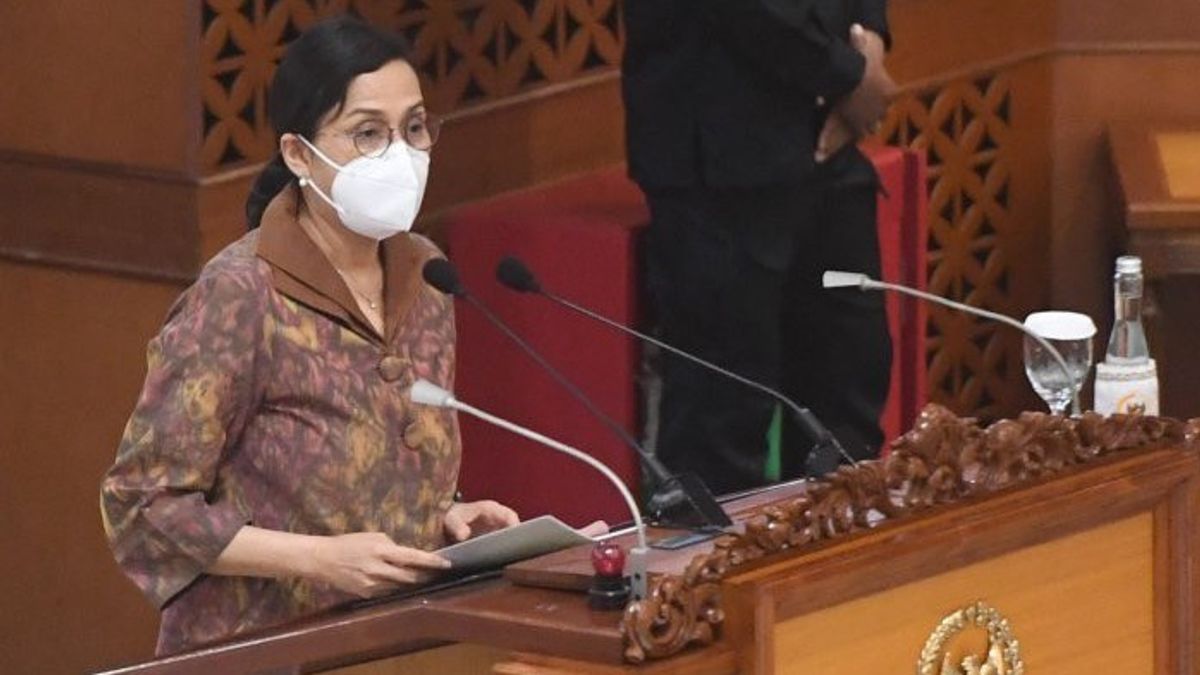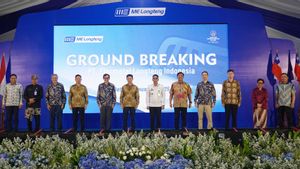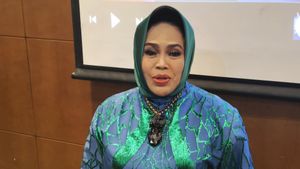JAKARTA - University of Indonesia economist Vid Adrison said that various external risks will be a challenge for the preparation and implementation of the 2023 State Revenue and Expenditure Budget (APBN).
"This (external risk) can have implications for fiscal pressure," he said in an official statement from the Ministry of Finance regarding the Public Consultation on the State Budget Bill for Fiscal Year 2023, quoted from Antara, Tuesday, July 26.
Adrison said some of these external risks include rising energy commodity prices, inflationary pressures abroad and a decline in global economic growth.
These various risks have the potential to have an impact on fiscal pressure, namely through an increase in subsidies which is likely to be carried out by the government.
Not only that, external challenges also have the potential to cause a decline in the tax revenue base as well as an increase in spending.
According to Adrison, one of the strategies that can be taken to help reduce pressure on the budget is through efficiency.
In addition, several efforts can be made from the revenue side, among others, through the use of NIK as a Tax ID and optimizing state revenues from excise on tobacco products.
In addition to external challenges, University of Indonesia Law Faculty Lecturer Dian Puji Simatupang said the 2023 RAPBN also has its own challenges because next year the deficit must return to a maximum of three percent of GDP.
Moreover, he explained that the process of preparing the 2023 APBN deficit to return to three percent of GDP also occurred in the midst of turbulent global economic conditions.
However, structural reforms of the national economy will strengthen the state financial management system so that it will be more effective, transparent and accountable.
"Therefore, the 2023 RAPBN deserves to be called a form of state financial plan with prospective and anticipatory characteristics," said Dian.
The English, Chinese, Japanese, Arabic, and French versions are automatically generated by the AI. So there may still be inaccuracies in translating, please always see Indonesian as our main language. (system supported by DigitalSiber.id)













